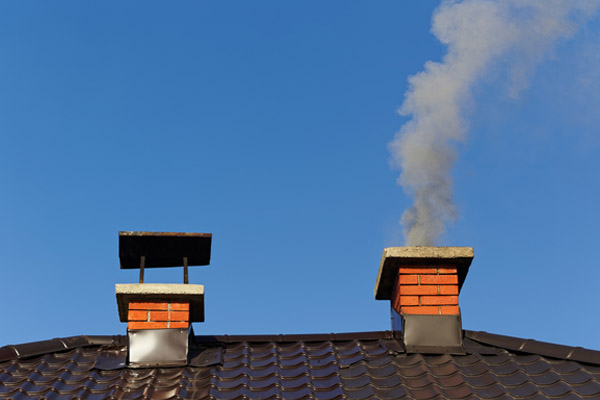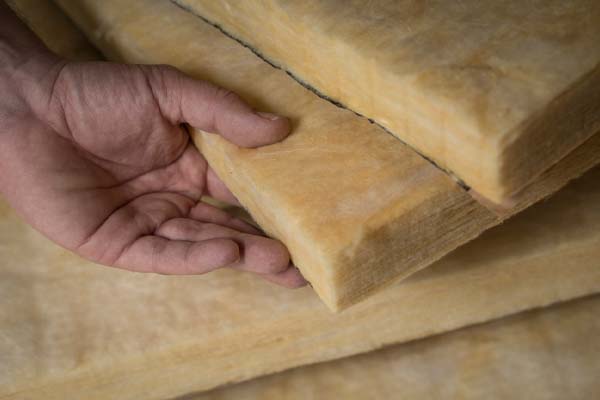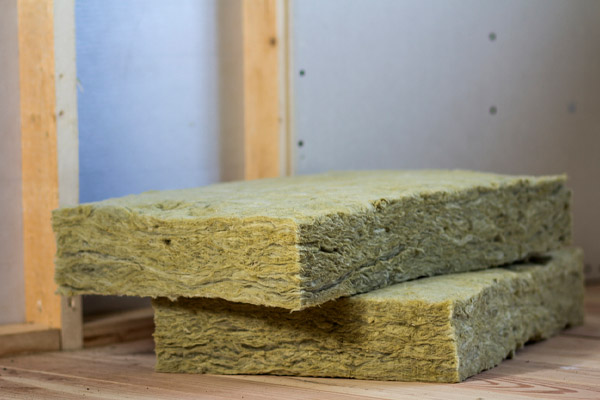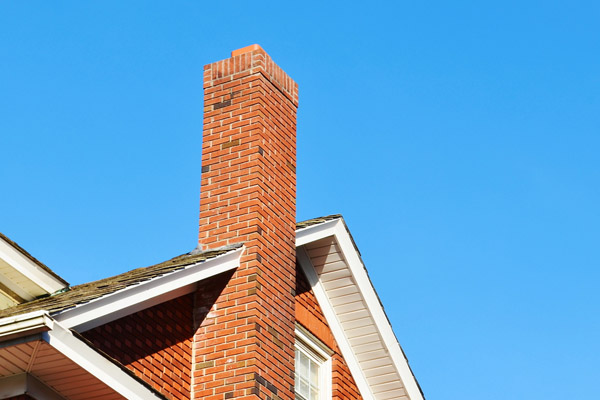Can You Insulate Around A Chimney In Fort Collins?

Winter is a busy time for chimneys. Families and friends often gather around their fireplace to stay warm. You can burn as much wood as you need to. Smoke moves up the flue and exits the house where it won’t cause trouble. Harmful gases and excess moisture also are vented out the chimney for a safe and comfortable environment. It’s a simple yet effective structure for keeping the heat while preventing backdrafts. Homeowners can help it maintain its smooth operations by adding or updating chimney insulation.
Why You Should Insulate Your Chimney
Contents
Insulation is not exclusive to the walls, attics, and basements. You can install insulating materials around your chimney as well. It is an excellent investment. Doing so will provide you with the following benefits:
Energy Savings
Chimneys have large openings through which heat can escape. Insulation allows them to work as intended while minimizing unwanted heat gain or loss. By keeping the temperature stable, the HVAC system can operate using less energy. Homeowners save money on energy bills without sacrificing comfort. Interiors remain warm in the winter and cool in the summer.
Increased Safety

With proper installation, insulated chimneys make the home a safer place. The insulation can prevent the spread of fire by acting as a flame barrier. It also reduces the likelihood of igniting flammable materials inside the home. Pick a suitable material for the job. Consult with an expert, like Ascend Construction, for advice on product selection and installation.
Reduced Heat Loss
Insulation prevents homes from losing heat through the chimney. Families can stay warm for long periods despite dropping temperatures outdoors. The material also stops drafts from forming inside the structure, as a draft can pull smoke back inside the house. There is no need to hesitate about using the fireplace. The risk of carbon monoxide poisoning will be lower. Call a reputable insulation company to gain these advantages.
Types of Chimney Insulation in Fort Collins, CO
Homeowners have multiple options for chimney insulation. The right choice depends on the situation. Consider the material availability, cost, ease of use, longevity, features, and performance. Read on to learn more about various types of insulation.
Fiberglass

Most people purchase fiberglass whenever they need to insulate parts of their homes. It is one of the most affordable materials in this category, so you can cover large sections without spending a fortune. Fiberglass is also available in most hardware stores. You don’t have to travel far to get it. Naturally fire-resistant, it works well for applications not exceeding 212 degrees Fahrenheit. On the other hand, this material is prone to moisture damage. Use it only if the chimney is sealed and waterproofed.
Cellulose
Consider cellulose if you live in an area with a cold climate. It has a higher R-value to keep your home warm. Installation is straightforward. However, cellulose is susceptible to pest infestation. It is also flammable, so be cautious about placement.
Rock Wool

You may also find rock wool among the products sold at your local stores. It is common in hot regions since the material can keep homes cool in the summer. Note that it is dense and heavy, making installation difficult. The fibers also cause rashes and itchiness on exposed skin.
Spray Foam
Spray foam has a much higher R-value than most insulation materials. It is an advanced plastic that hardens and expands as it cures. The foam adheres to surfaces and forms an airtight seal. It repels moisture, so you can use it in places that get a lot of rain and snow without worries. However, high temperatures can make foam smolder and emit chemical vapors. Avoid costly mistakes by relying on experts for material selection.
How Professionals Install Chimney Insulation

The chimney has multiple sections. Professionals know where to install for the best results. They apply the material around the flue, far from the flames. They seek out products rated for these high-temperature applications to ensure safety.
Every chimney has unique insulation requirements. Some have straight flues, while others have angles that affect length. Careful measurement is necessary to get enough material for complete coverage. Amateurs tend to get this wrong. Be sure to hire a professional for flawless installation.
Chimney Insulation Upgrade
Some chimneys may already have insulation. However, it could be insufficient for the job. Pros will factor in the existing material in their calculations. They will add an ample amount to reach the goal. However, damaged insulation may require removal before starting anew. They will use special tools and techniques to push new insulation into place.
Don’t worry about the mess. Pros will clean it up before leaving, including tools and excess materials. Amateurs may be able to handle the installation for short flues, but longer ones spanning several feet will need professional attention.
Additional Insulation Strategies
The US Environmental Protection Agency recommends chimney insulation. It can be as simple as using a chimney cap to keep heat inside and prevent cold drafts during winter. Sealing cracks around the chimney is another good idea. Apply caulk to get the job done.
You can make adjustments to the chimney as early as summer. You are unlikely to use it, so insert an inflatable chimney balloon inside the tube. The durable plastic provides a great fit to prevent conditioned air from escaping. You can remove and reuse it multiple times. If you start a fire with a balloon in the chimney, the heat will deflate it to let smoke move up.
Gas-powered fireplaces can benefit from the addition of glass doors. You can still see the flames and feel the warmth through the transparent material. It will also block the cold drafts and prevent sparks from accidentally spilling out of the fireplace. Lastly, it is possible to insulate using a chase cover using mortar or sleeves.
Conclusion
You can insulate around a chimney if you do it properly. Multiple materials and techniques are available to fit different situations. Consult a reputable insulation expert to help you determine the right moves. With their help, you can drastically reduce energy costs and improve your home’s comfort level.
Chimney Insulation Fort Collins, Colorado
When choosing the right insulating materials for your home or office, working with a professional insulation company is a great strategy. They can consider all of the necessary factors that will improve efficiency, comfort, and more.
Ascend Construction specializes in insulation removal and installation, energy conservation, energy audits, whole house fan installations, and more in Fort Collins, Colorado, and the neighboring areas.

Contact Ascend Construction for a free consultation today. We can provide you with practical solutions to address the problem areas in your Fort Collins home. All of our services are affordable, and our work is guaranteed. Click here to contact us, or click the button below to give Ascend Construction a call. We offer free, no-obligation, in-home consultations. Call now!